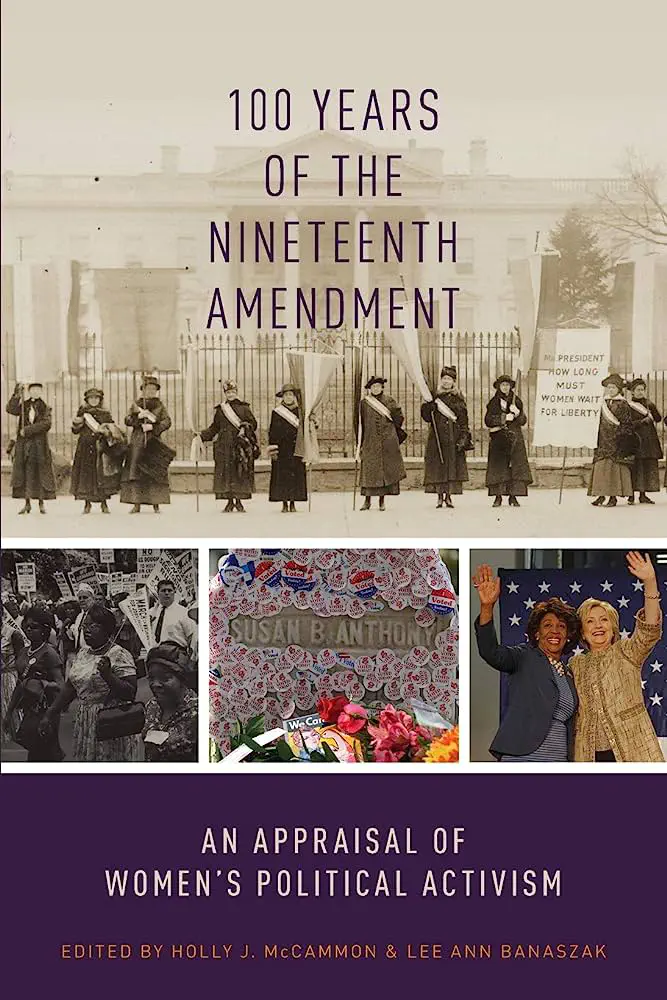‘Feminism Means More Than a Changed World...It Means the Creation of a New Consciousness in Women’: Feminism, Consciousness-Raising, and Continuity Between the Waves
In 100 Years of the Nineteenth Amendment: An Appraisal of Women’s Political Activism

Abstract
Challenging the notion that public actions and political lobbying are the women’s movement’s main tactics, this chapter traces the history of an extra-institutional form of feminism—narrative-based consciousness-raising—from its inception in the 1910s through its contemporary online expression today. Rather than a product of second-wave feminism, narrative-based consciousness-raising has always been central to the women’s movement, as the chapter shows. Narrative-based consciousness-raising as a strategy assumes that, in order to change fundamental societal institutions such as marriage, the nuclear family, and the state, men and women must first change their consciousness about themselves and society. This strategy utilizes personal life stories, or life narratives, to reveal the collective roots of personal problems in order to effect this personal change. The persistence of this strategy through three waves of feminist activism demonstrates the value of raising collective awareness for fighting gendered oppression. The author argues that this continuity is a result of institutionalized knowledge and a response to similar historical circumstances, rather than direct connections between waves.